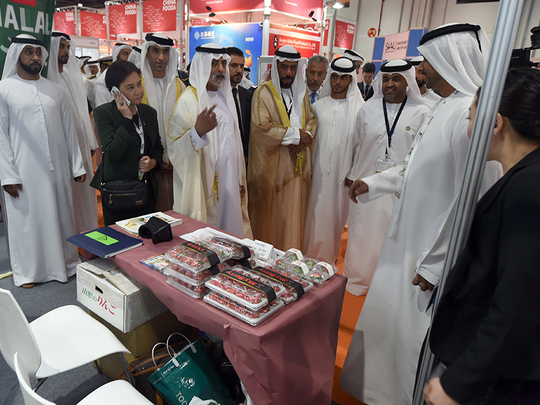
Abu Dhabi: Populist waves in the US and Europe, and calls for more protectionist policies could benefit the GCC, especially its food market, as suppliers may look to ink more deals in the Gulf where the political environment is more stable.
According to Joanne Cook, managing director of SIAL Middle East, a growing population in the GCC coupled with stable industries and a stable currency will help attract more suppliers who may be looking to diversify their presence away from the US and Europe.
“There’s a clear intention from some of the major economies in the world to change their economic policies and their trade agreements, and some of these trade agreements are significant… so uncertainty somewhere else in the world can be countered with the GCC’s regional stability,” Cook said.
She added, “[Suppliers] need to think about their mid- and long-term future. Suddenly, what they thought were mid- and long-term strategies have now become quite questionable. The Middle East is a stable customer; we pay, we import a lot, our population continues to grow, and these are the fundamentals you want if you’re looking at places to expand your business.”
On Monday, populism gained even more momentum in Europe as Italians voted against constitutional changed backed by the government.
This followed votes by the UK to leave the European Union, and the US vote to elect Donald Trump as the country’s next president, as more Europeans and Americans rally behind protectionist policies.
“Absolutely; [the GCC] becomes more attractive as the rest of the world becomes more uncertain. And we’re a big buyer, so we don’t need to protect the same way [as suppliers do]… Our grand plans such as the Expo 2020 and the World Cup in Qatar are still in play, even though some plans are pushed. In other countries, those plans have disappeared or policies are about to change where people who thought they had solid long-term plans have big question marks,” Cook said.
She was speaking on Monday at SIAL Middle East, a business trade event for the food industry, which is taking place in Abu Dhabi in its seventh edition. The event is expected to see over 20,000 visitors and 950 exhibitors over its three-day run.
The exhibition comes as Abu Dhabi aims to reinforce its position as a key trading hub in the Middle East, and boost its food security. According to research from Economic Intelligent Unit, food imports in the GCC are expected to reach $53.1 billion in the next four years.
Thamer Al Qasimi, chairman of the organising committee of SIAL 2016, said, “Innovative international production processes, strategies and quality products have all been incorporated into SIAL 2016 to highlight how the supply and demand gap can be closed throughout the region, which has been exasperated by the growth in population, changing consumption demands, increasing income levels and adverse environmental changes.”
The event was inaugurated by Shaikh Nahyan Bin Mubarak Al Nahyan, the UAE’s Minister of Culture and Knowledge Development.












